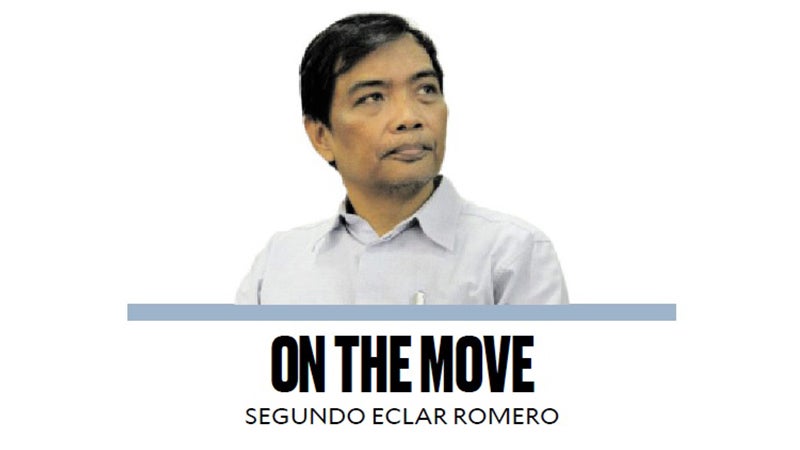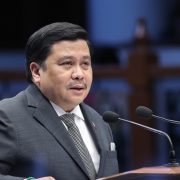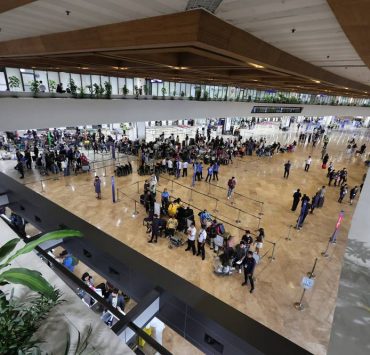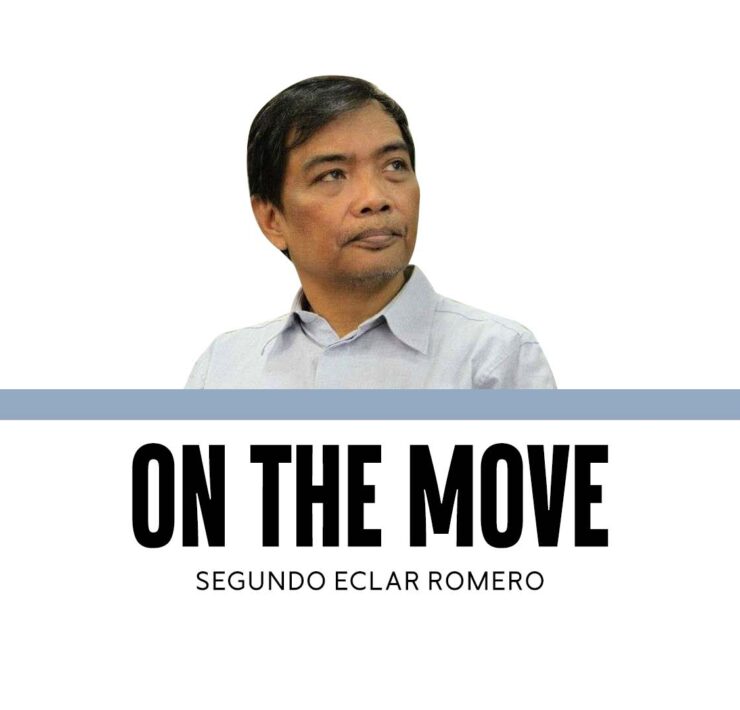PH’s damaged gun culture

The Philippine National Police’s recent announcement, effective this month, that civilians can now be licensed to own semi-automatic rifles is a deeply troubling development. It has been met with widespread condemnation from politicians, media, business groups, and the general public. The outpouring of opposition suggests the chief PNP should immediately reconsider the expanded implementing rules and regulations (IRR).
This change represents a perilous shift in how guns are regulated in the Philippines and risks severely propelling the country’s already overindulgent gun ownership culture. We already struggle with endemic problems of illegal guns and gun-related violence, coming out of the deadly “war on drugs” that layered on the various armed conflicts in the country. This is a Pandora’s box situation whose potential for mayhem the PNP may have underestimated. There is a genuine danger of a slippery slope; semi-automatic rifles today could pave the way for even more dangerous weapons tomorrow. Semi-automatic rifles can easily be converted into fully automatic rifles—the technology for mass shootings in the United States and in other gun-awash societies.
The PNP’s claim that this policy is simply a “modification” of existing regulations is disingenuous. Even senators who helped legislate the underlying law (Republic Act No. 10591) are raising alarm bells, suggesting the PNP is overstepping its authority in interpreting the law into the IRR.
It’s worth highlighting that the initial IRR of the Firearms Act came under Supreme Court scrutiny (Acosta and Dela Paz v. Ochoa et al.). One of the key issues raised was whether there was genuine public consultation in drafting the IRR. Sadly, the court ruled that such consultation did take place, seemingly based on the PNP’s assertion that gun dealers, private security agencies, and gun-related businesses were considered sufficient stakeholders. The absence of civil society groups, public health experts, and ordinary citizens in this process is a glaring omission, reflecting a one-sided understanding of who is impacted by firearm regulations.
The pressure behind this rule likely stems from gun lobby groups and related industries. History, particularly in the United States, shows that once the gun lobby gains significant influence, it becomes nearly impossible to reverse course.
Increased access to these weapons will likely lead to a rise in gun violence, making it exponentially harder for law enforcement to respond effectively. The PNP and our justice system are already overburdened; they lack the capacity to enforce the new rules and deal with the potential consequences.
Further, this ruling will alter the methodologies of murder. Contract killings of high-profile individuals could shift from close-quarters attacks via riding-in-tandem assassins to untraceable sniping from afar, mirroring the assassinations of political figures like Julio Nalundasan and Mayor Antonio Halili.
Sadly, this development paints a bleak picture of a country plagued by drug killings, insurgencies, and criminal syndicates—problems we’re far from solving—yet choosing to introduce more avenues for violence, with no matching increase in our capacity for control. It leaves us vulnerable to the mockery of outsiders, and calls into question whether Filipinos, indeed, have a “damaged culture.”
The PNP should immediately recall the IRR and subject it to transparent, multistakeholder consultations. It should collect and share data on gun use, the effectiveness of law enforcement, and the positive and adverse impacts of firearms on society.
The PNP should provide a pro-active, long-term plan for the proposed licensing of semi-automatic weapons to civilians. The Philippine National Police and the justice system, already grappling with understaffing and resource constraints, may struggle to contain the surge in gun-related incidents. The spirit of the IRR should be matched by programmatic and systemic mitigation strategies along the following pathways:
Addressing the “elephant in the room”—illegal firearms: Cracking down on “loose” and illicit firearms remains the poorly performed homework of the PNP and is paramount in combating gun violence.
Need for rigorous screening: Stricter vetting of gun applicants, including enhanced background checks and psychological evaluations, insulated from graft and corrupt practices, are vital.
Safe storage and handling: Mandatory training and enforcement of safe gun storage practices are crucial to prevent accidents and unauthorized access.
Proactive monitoring: Systems must be in place to track licensed firearms and flag any suspicious patterns of ownership or usage.
This is the only way to ensure that these new rules gain broad support rather than the contempt of the Filipino people. The PNP should stand firm, recognizing that as the Supreme Court declared, there is no constitutional right to bear arms in the Philippines.


















